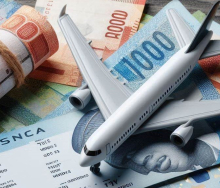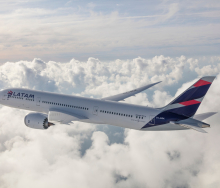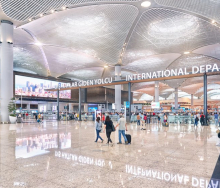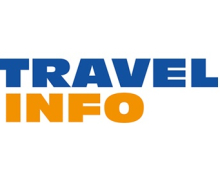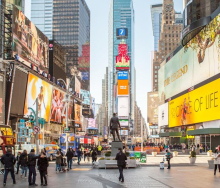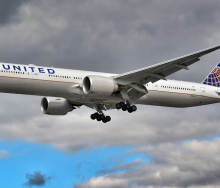Google travel specialist, Benedicte Conway, told delegates at Broadway Travel’s annual conference (hosted aboard a Galleon ship excursion in Dubrovnik) that there was a “massive opportunity” for the travel trade to mirror innovators such as Netflix to meet changing consumer demands.
“At the moment, there’s no one like Netflix in the travel industry,” said Benedicte. “Eighty per cent of what is watched on Netflix comes from recommendations the streaming service suggests to users, which is based on a user’s behaviour online and things they have watched previously. Netflix has come in with machine learning and an algorithm that gives recommendations based on what you like. Usually it’s pretty accurate. Amazon does the same thing.”
She said because consumers saw it in one industry, they expected it from another. “That creates a massive opportunity for us in travel to jump on that and start showing more tailored, personalised content to our consumers.”
Mary Shilleto, ceo of Thompsons Travel, agreed that clients were more attracted to businesses that offered a comprehensive understanding of their needs and likes. “I too believe that personalised product demands create immediate gratification. The fact that leading companies are using AI and Big Data to take personalisation to the next level is something Marco Ciochetti, ceo of XL Travel Group, addressed at the agency’s annual conference in October. “This technology gives the trade the power to predict what consumers want and use that to up our value proposition. The theme of the XL conference was ‘keep up or become irrelevant’, and I think Benedicte’s message emphasises the relevance of this theme.”
Robyn Christie, owner of Just Saying, emphasised that local agencies that didn’t have the scale, or capital, to justify making large investments in AI and Big Data should make a concerted effort to “manage client relations as if you are the algorithm”. “It is essential that consultants take every opportunity to source information about their clients, consolidate it, and proactively market personalised products. In this way, they will have the advantage of not only making use of data to personalise packages, but also go further than the technology can by providing the valued ‘human touch’.”
Robyn said packages that did not have a personal touch were often ‘over commercialised’ and failed to meet the client’s experiential and ethical requirements.
Speaking about the impact on local OTAs, Stephan Ekbergh, ceo of Travelstart, told eTNW that it would be anti-competitive if Google were to make use of such technology in an unregulated environment. “Governments will need to regulate the use of emerging technologies if they are to ensure that Google doesn’t establish a market monopoly.” He added that the information Google could collect on clients from their search history, social media activity and mobile app usage over the period of one year, would allow the company to know the client better than they know themselves.
However, Stephan added that, despite the requirement for regulations, international OTAs were finding creative ways to reach the customer and remain competitive. He advised local OTAs to watch these trends. “Travelstart’s present strategy is to drive personalised travel offers through the information it gathers through its app.”

